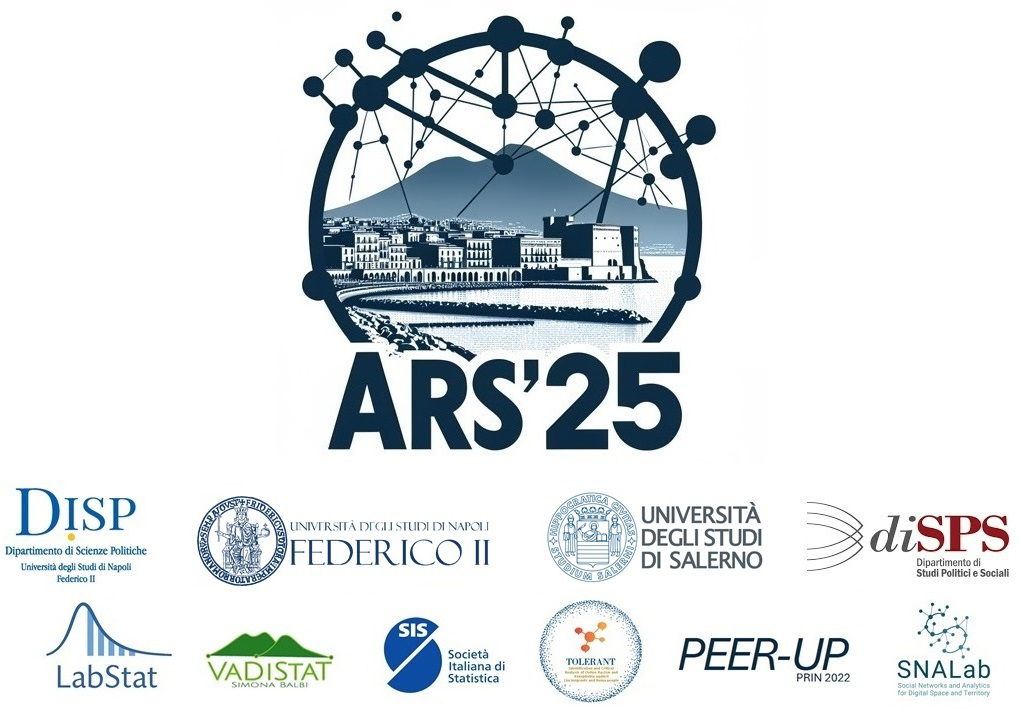Speaker
Description
Even though HIV incidence is falling globally, it remains relatively high amongst South African youth. Despite the availability of free and effective prevention and treatment methods, uptake remains low. Evidence suggests that sexual behaviour is strongly affected by social connections and interventions uptake can be improved by leveraging social networks. We therefore use social network data from three rural communities in KwaZulu-Natal, South Africa, to evaluate how social processes affect youth’s sexual behaviours and attitudes. To do so, we interviewed cca 1000 16-30 years olds about their sexual health, behaviours and attitudes, as well as support networks, which we then connected into three community based sociocentric networks. Using auto logistic actor attribute models (ALAAMs), we investigate how HIV and Herpes Simplex (HSV-2) statuses, misbeliefs and knowledge about sexual health, capability to follow safe sexual practices, and risky sexual behaviours are patterned across these networks. Even though our results show evidence of clustering and simple contagion across all variables, they appear to follow different patterns and strength, suggesting the presence of different underlying network mechanisms behind their diffusion. These findings can be used to guide the design of more targeted and effective interventions to improve the sexual health of young South Africans.
Keywords/Topics
sexual health, ALAAMs, contagion

